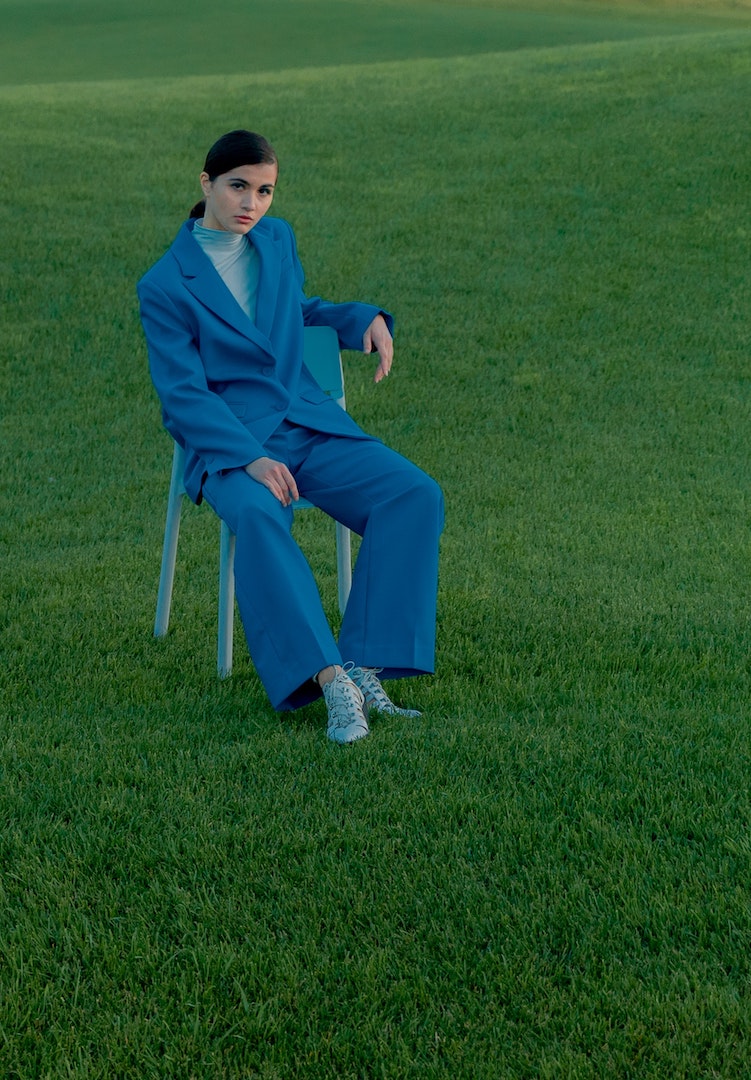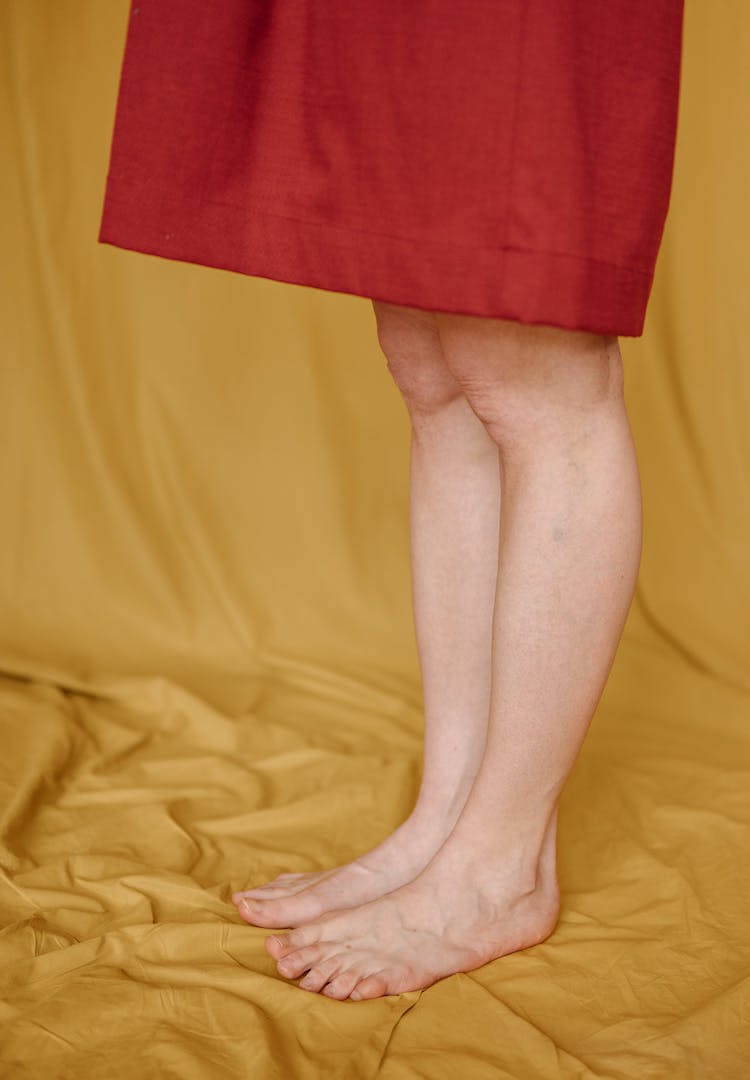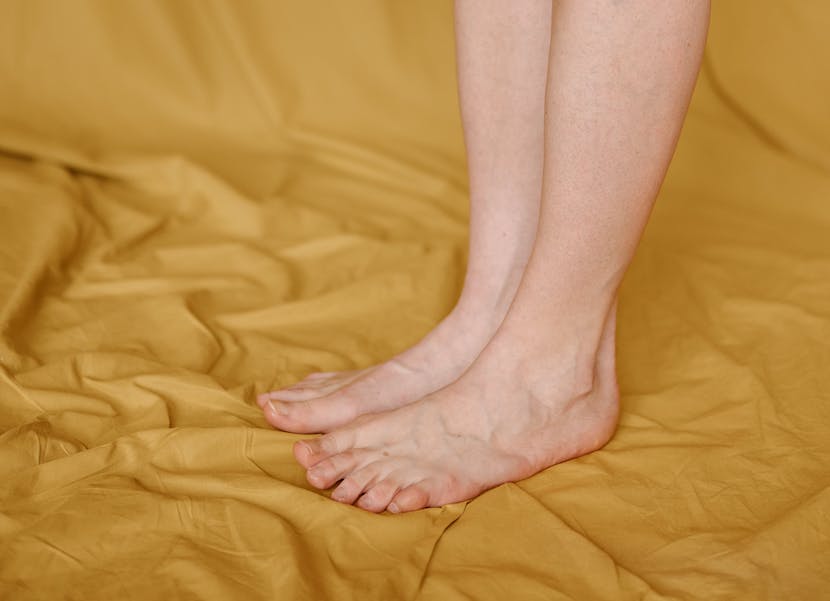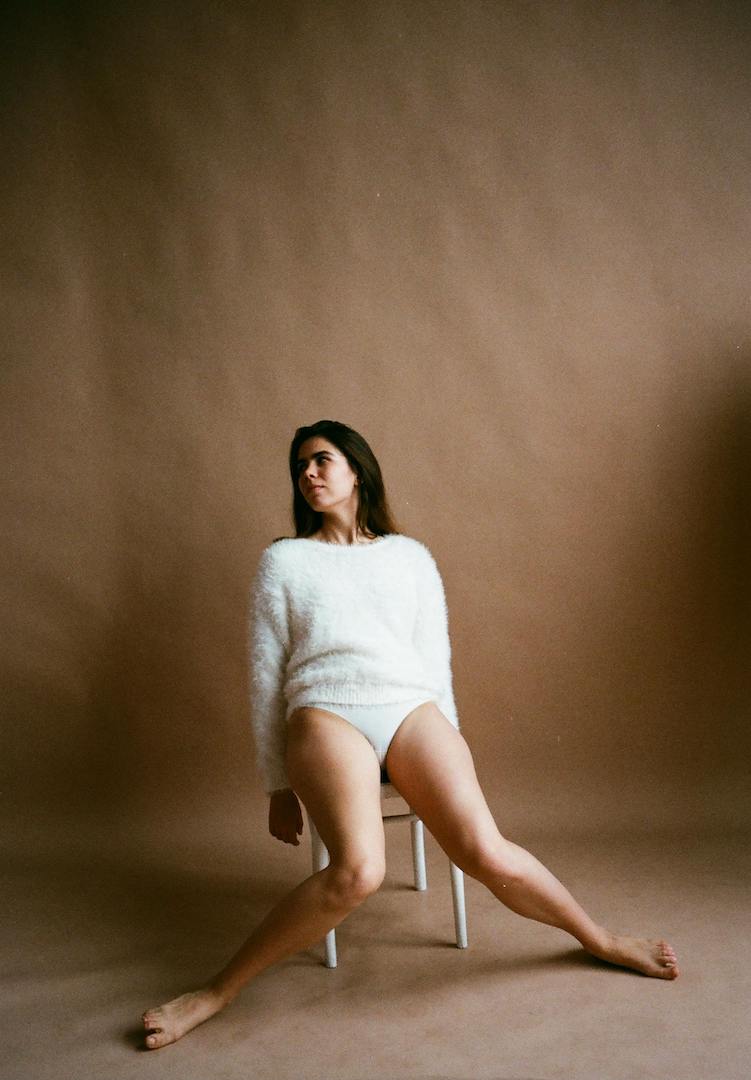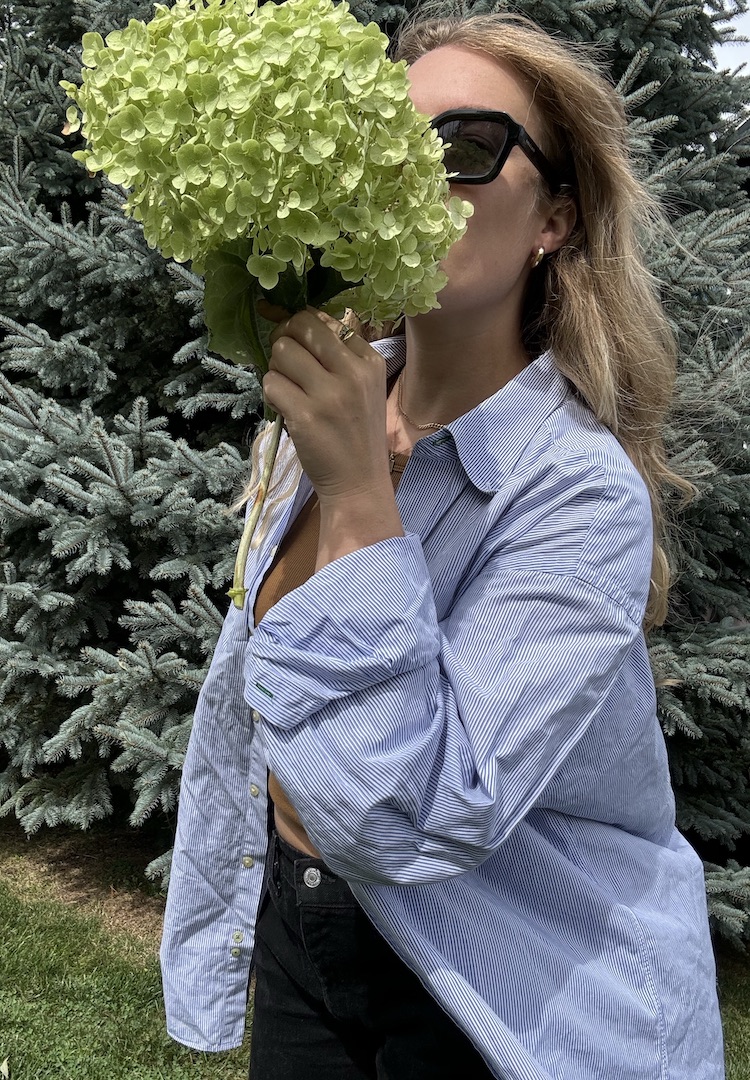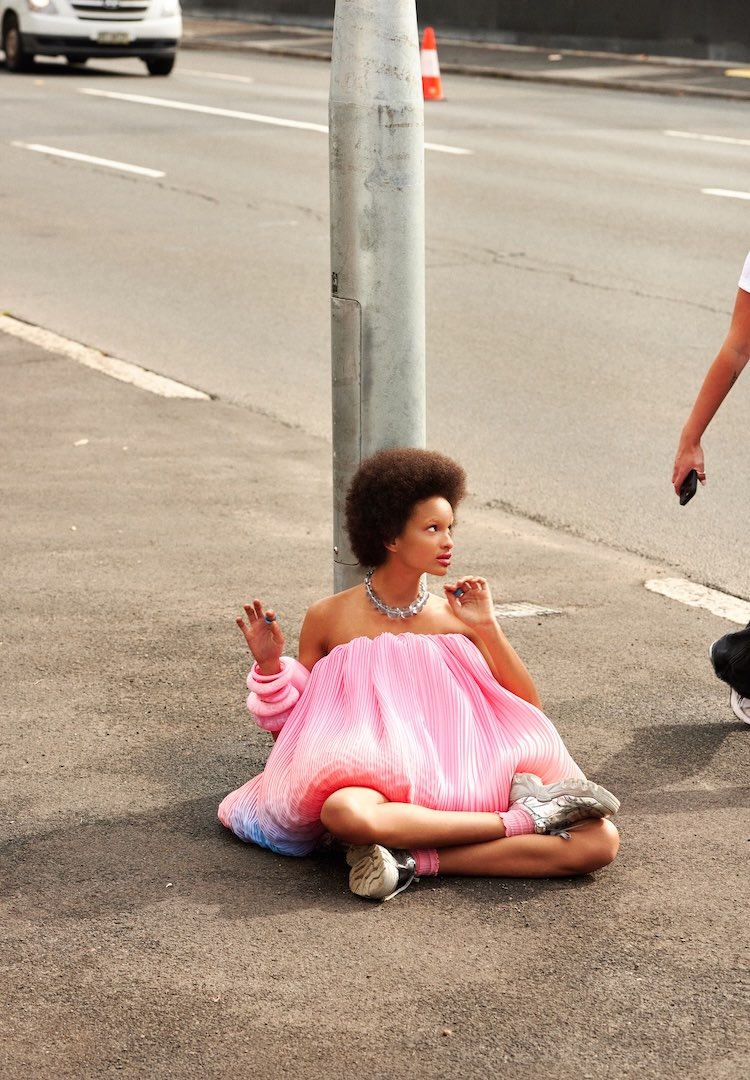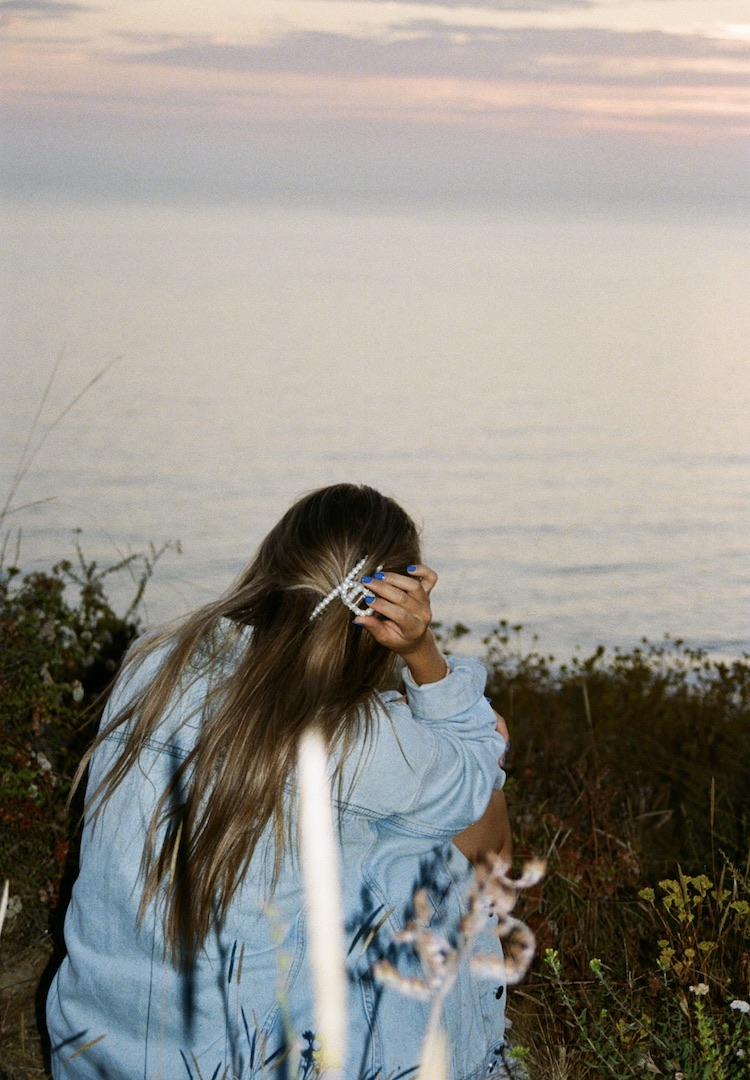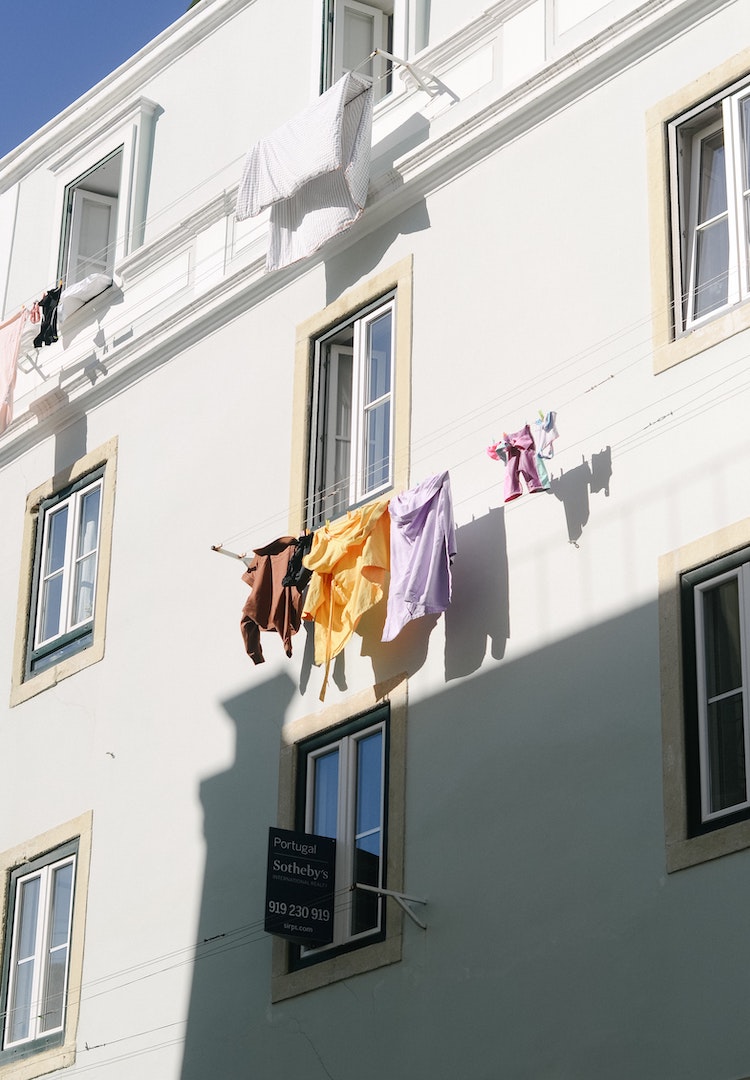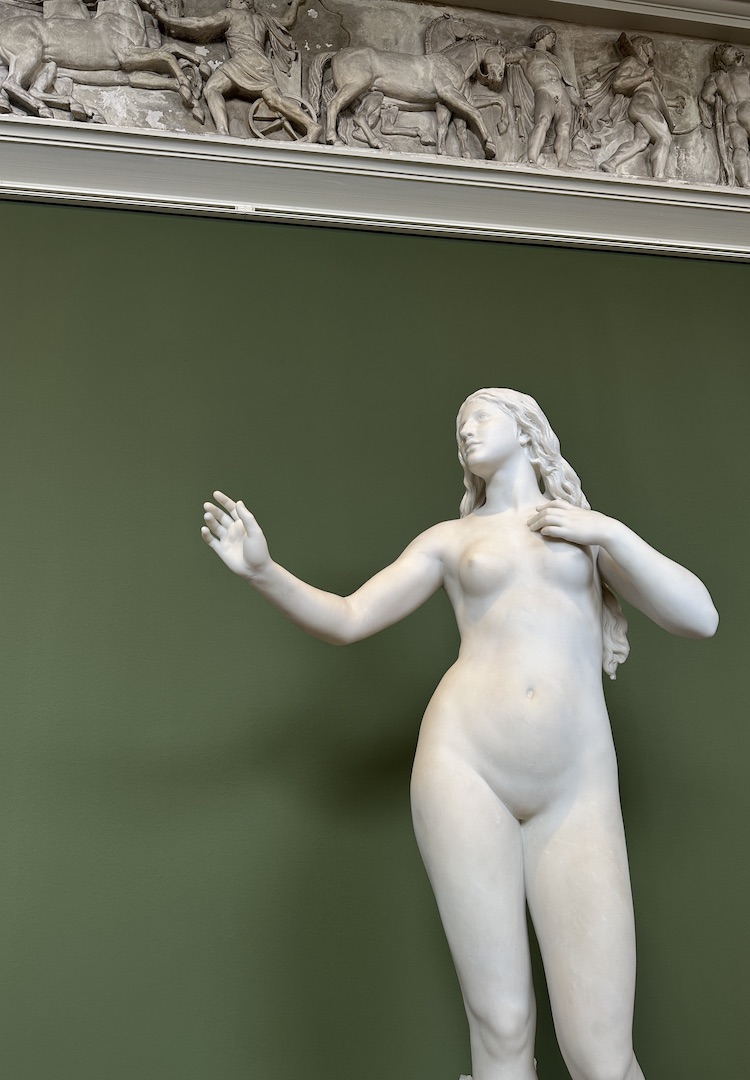How my PCOS diagnosis affected my relationship with womanhood
Words by Evangeline Polymeneas
“What sort of woman was I if I couldn’t have children?”
I was 11 when lumps of fat started collecting on my chest. I was a D cup before my 13th birthday. I began waiting for the arrival of the crimson wave, ready for it to dunk me and spit me out on the shore of womanhood.
I waited and waited and waited. I saw a doctor, saw another doctor, and another. I had my 13th, 14th, 15th and sweet 16th birthday and still nothing. My body was already as womanly as I thought possible. I was constantly mistaken for being in my twenties and I had all the other signs of puberty (unfortunately).
Looking for some similarly thought-provoking reads? Try our Life vertical.
But my period never seemed to come. Whenever a larger-than-normal amount of discharge escaped my body, I rushed with excitement to the bathroom, pad in hand, ready for the red carpet welcome to the period party, but I was always disappointed.
My friends who had their periods would boast about their transition from pads to tampons and which brand they used, U by Kotex apparently being the ‘best’. Period horror stories would be exchanged in my school’s hallways like pieces of gum. It was an exclusive club that I hadn’t received an invite to and it sucked.
It wasn’t until I turned 17 that I woke up with unfamiliar wetness in between my legs. When I went to the bathroom, there it was, sitting in my underwear staring back at me. I went to grab a fresh pair of undies and a pad. My life could finally begin.
Little did I know it then, but that would be my only period that year. I am 23 now and I can count the number of periods I have had on my hands. I was 19 when I was diagnosed with polycystic ovary syndrome or PCOS.
PCOS is a complex hormonal disorder that affects between five and 10 per cent of women of childbearing age. It comes with a range of fun side effects like extra hair growth, excessive weight gain, mood changes and sleep apnoea.
Polycystic translates to ‘many cysts’ which relates to the follicles (essentially cysts) that the syndrome causes to develop on the ovaries. Because of these follicles, many of the eggs are unable to grow to maturity and therefore are unable to be fertilised, causing infertility.
When my gynaecologist told me that it would be very unlikely for me to conceive naturally, I broke my ‘no crying in front of strangers’ rule. I thought back to the day I got my first period when I was 17. I thought that was my entry ticket into womanhood and now it was being taken away.
Was I getting kicked out of the period club? I changed my tampon every four hours! I followed all the rules! What sort of woman was I if I couldn’t have children? I grew up taking care of baby dolls, pushing prams around, playing mums and dads and stuffing pillows under my T-shirt pretending I was pregnant.
I felt like my existence was leading up to the seemingly inevitable moment when I conceived and gave birth to a beautiful baby. Suddenly, it was as though those dreams were disappearing faster than the number of healthy eggs I had left.
Today, baby bumps have saturated my Insta feed more than sponsored posts for SkinnyFit tea did in 2013. Each photo is a reminder of my body’s shortcomings. I feel like a total failure. Who am I if not a vessel for a child? Why do I feel like less of a woman without this capability?
Prior to my period dramas, I had asserted my womanliness through my sexuality. My figure boasted larger-than-average breasts and curved hips. Humbling me was the extra curve right where I was told it needed to be flat, but nonetheless, I found a sick comfort in my figure – as if my body made me a woman.
Before puberty my body was neutral. I was just a kid who did kid things. When my body changed it came with new expectations and no rule book. The curves caused me to be sexualised, something I tried my best to push away. I quickly learnt that this new, womanly body was meant to be used, and it caused me to connect my physicality to womanhood.
My body told me I was a woman, so when my gynaecologist told me that my body could fail me, everything I thought I knew about my identity was called into question. Before my period arrived, I found my womanhood in my body. After my period, or the lack of it, I lost my womanhood in my body. If my body was not womanly, was I a woman?
Do men feel like men because of their bodies? I posed this question to my unqualified male friend. He said, “Of course”. He began a rant about how boys become men when they grow facial hair and muscles – how he measured his manhood based on how many reps he could do and his ability to sport the best moustache in November. When I prodded further, I asked him if he would feel less of a man if he couldn’t do any of those things. He said, “Yes” a bit shamefully, but couldn’t explain why.
At the intersection of sex and gender is the body. The body is the vessel we are given to communicate how we feel and to experience the world. It’s easy to attribute our identities to it but it isn’t as straightforward as that, as anyone whose gender identity doesn’t match the body they were born in will tell you. It feels reductive and untrue to say that I’m not a woman because my body can’t do stereotypical ‘woman’ things. So, what makes me a woman?
Right now, I’m still having that conversation with myself. I’m still discovering who I am. I’m only 23 after all and I don’t have all the answers (unless my mum is asking, in that case, yes, I know absolutely everything). But what I have figured out is that having PCOS doesn’t make me less of a woman and right now, that’s good enough for me.
This article was originally published on July 9 2021.
To learn more about PCOS head here.

